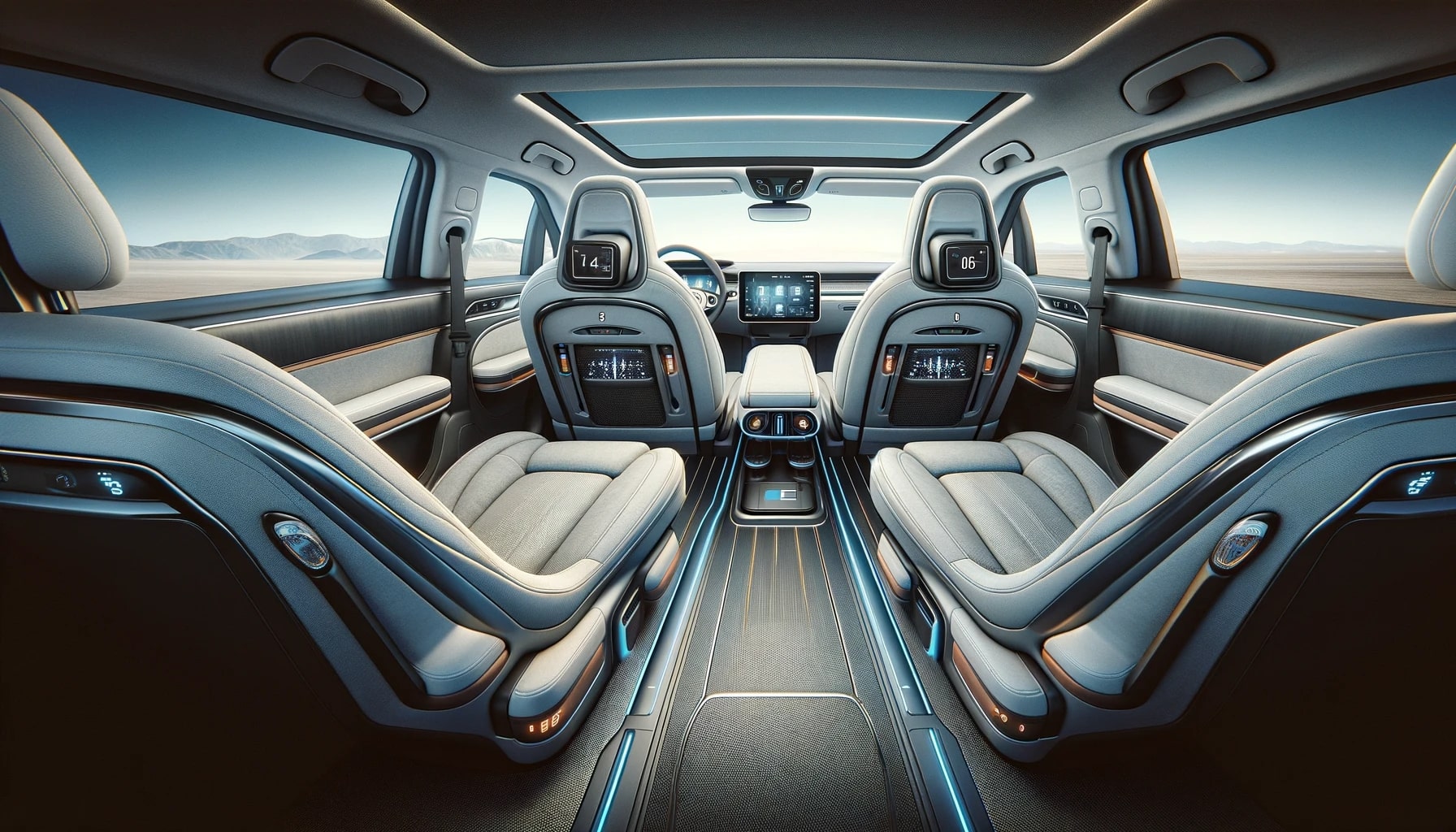Elon Musk, Tesla‘s CEO, has shifted his position on China tariffs, now opposing them. This change of heart emerged during his speech at the Viva Technology Conference in Paris. Musk emphasized that barriers limiting trade freedom are detrimental to the market, even as he previously advocated for protective measures to shield domestic automakers. This shift aligns with the Biden Administration’s recent introduction of new tariffs on electric vehicles aimed at bolstering U.S. manufacturing.
Product Description
The Tesla Model 3, launched in July 2017, is an electric sedan produced by Tesla, Inc. It was unveiled at Tesla’s facility in Fremont, California. Known for its impressive range and performance, it quickly became one of the best-selling electric vehicles globally. The Model 3 features advanced autopilot capabilities, a minimalist interior with a central touchscreen, and extensive software updates that enhance vehicle functionality over time. It marked Tesla’s move towards a more affordable electric car, aiming to accelerate the transition to sustainable energy.
Musk’s Evolving Stance
Musk’s recent comments contrast sharply with his January statements, where he highlighted the need for trade barriers to prevent Chinese automakers from overwhelming global competitors. This pivot underscores Musk’s evolving perspective on global trade dynamics and the automotive market. In January, he warned that without protective measures, Chinese companies would dominate the market, jeopardizing other manufacturers.
This change comes as the Biden Administration enforces new tariffs, particularly on electric vehicles, to prioritize U.S. manufacturing. The tariffs, set at a 100 percent rate for EVs, aim to protect American workers and businesses from cheaper Chinese imports. However, Musk argues that such tariffs distort the market and restrict free trade, which he believes would harm competition and innovation.
Comparison with Past Policies
Previously, in April 2018, Musk praised China’s decision to lower import tariffs, considering it a significant move to prevent a trade war. He viewed it as a positive step towards fairer competition and market openness. Moreover, during the Trump Administration in 2020, when there was an attempt to impose tariffs on car parts, Tesla challenged the decision in court, demonstrating its consistent stance against restrictive trade measures.
In contrast to Musk’s earlier support for protective tariffs, his current opposition highlights a nuanced understanding of market dynamics. He now advocates for free trade, believing it fosters better competition and innovation. This shift could influence future policies and the broader industry approach to international trade and manufacturing.
Key Inferences
- Elon Musk now opposes tariffs that limit trade freedom.
- Biden’s tariffs on EVs aim to protect U.S. manufacturing.
- There is a contrast between Musk’s previous and current stance on tariffs.
Musk’s evolving perspective on tariffs and trade barriers reflects the complexities of global commerce in the automotive sector. While protective measures can safeguard domestic industries, they may also stifle innovation and competition, which are crucial for technological advancement. Musk’s preference for a tariff-free market could influence policymakers and shape future trade agreements. Understanding these dynamics is essential for stakeholders navigating the evolving landscape of international trade and manufacturing, especially as the push for sustainable and innovative automotive solutions continues to grow.










